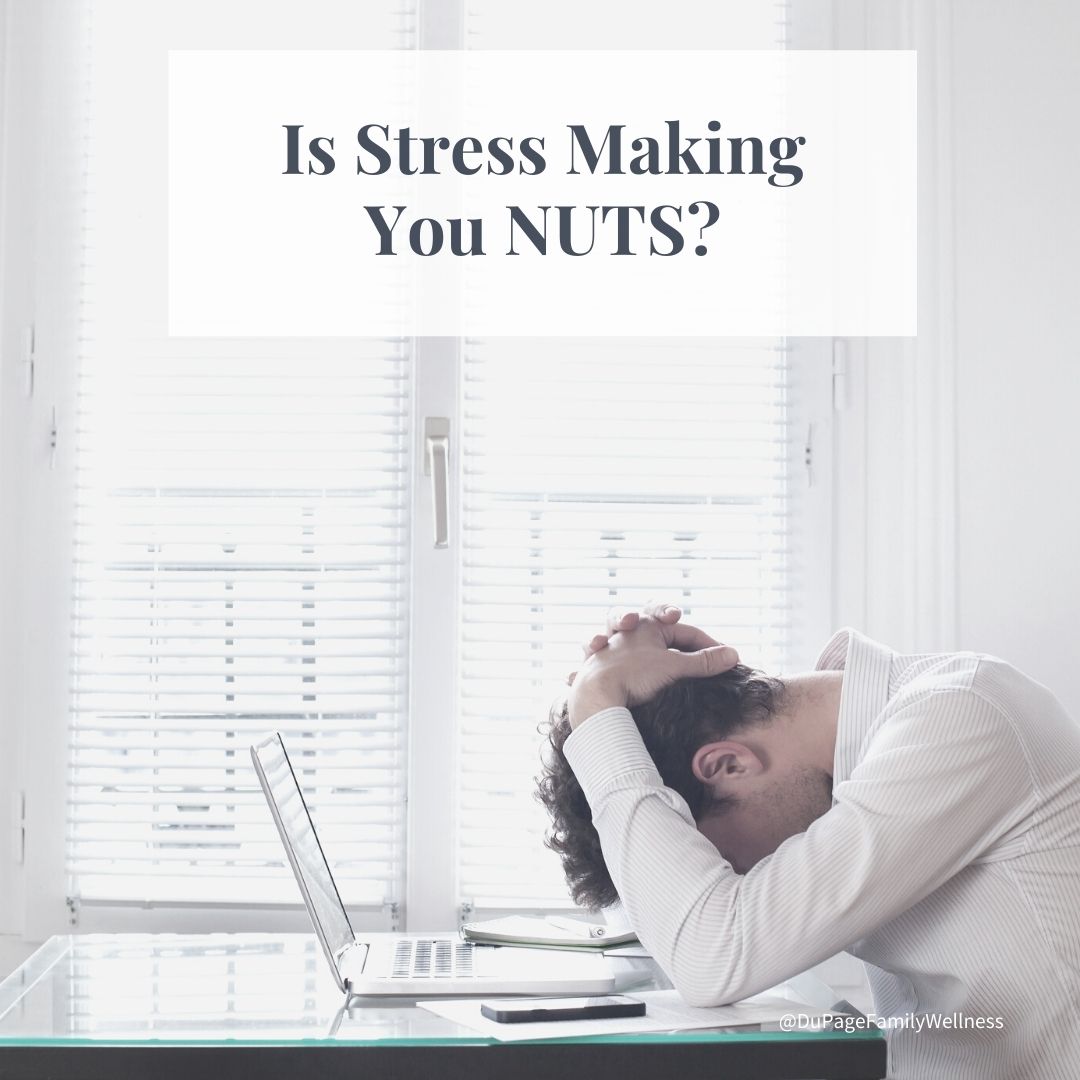 There’s no doubt about it, we live in a stressful world! The busyness of life, work, and kids can be overwhelming enough - but now we have the added stress of living through a pandemic.
There’s no doubt about it, we live in a stressful world! The busyness of life, work, and kids can be overwhelming enough - but now we have the added stress of living through a pandemic.
While our bodies have mechanisms in place to deal with short term stress, we are not meant to be in a constant state of stress. Chronic stress is very hard on the body and can wreak havoc on organ systems such as our adrenals, thyroid, digestive system and beyond.
Let’s take a look at why certain things are so stressful, what we can do to change some of these stressors, and how to offset the stress from things that we can’t change.
It’s Not All Bad
According to Chris Kresser, stress is “an inevitable part of life, and it isn’t even all bad. (However) when the total amount of stress you are experiencing at a given time exceeds your ability to cope with it, that’s when stress wreaks havoc on your health.”
It’s important that we learn to handle stress effectively because, as Kresser explains, “if you’re not doing some form of stress management, you will sabotage all of your
best efforts with diet, exercise, and supplements. (Handling stress) is just that essential.”
So how do we do that? There are many techniques, but first it’s helpful to understand why some experiences are so stressful.
NUTS
Many researchers use 4 key factors to determine how we perceive stress. You can use the analogy NUTS to think about this.
Read more ...
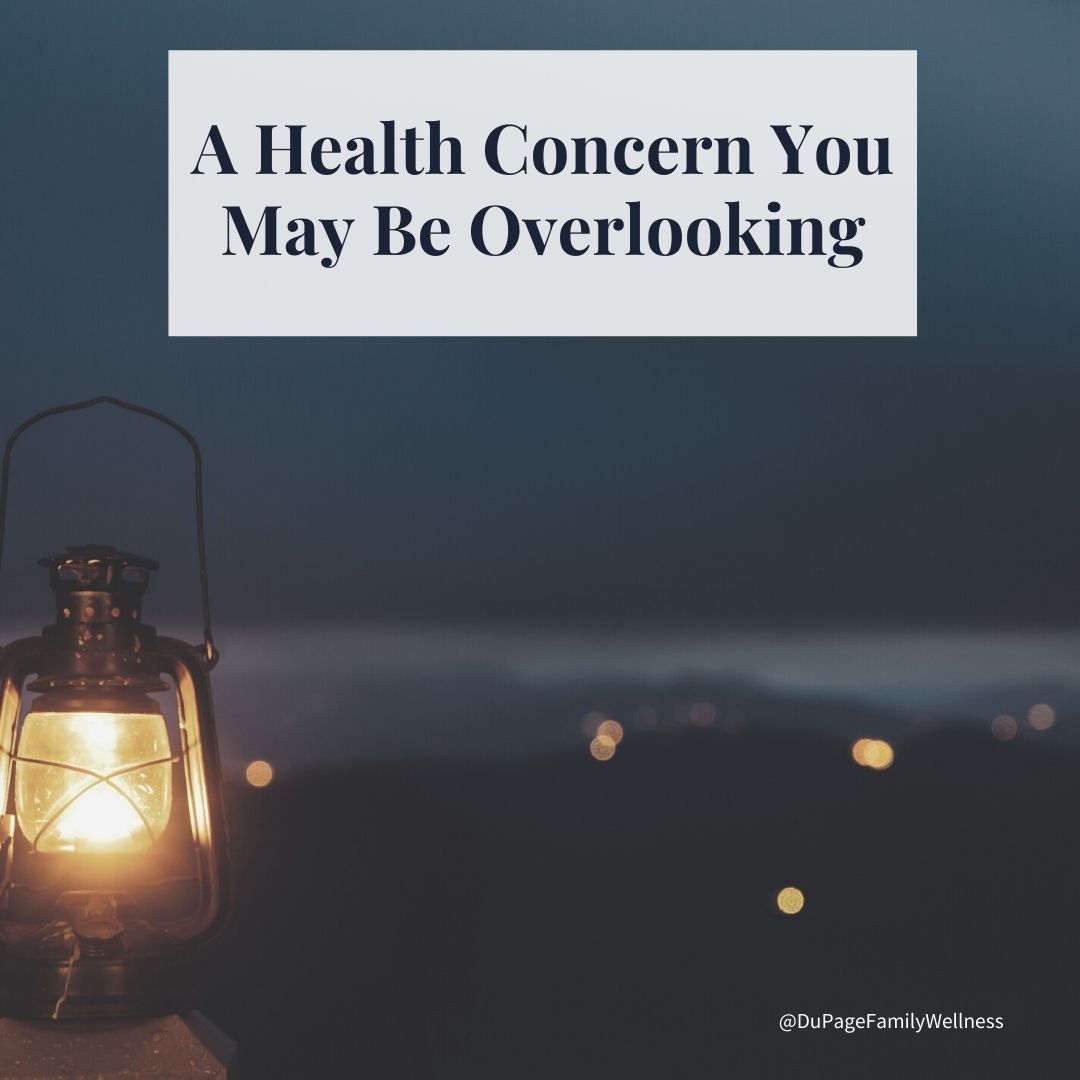 Are you constantly running between work, family, and other responsibilities?
Are you constantly running between work, family, and other responsibilities?
If you are like most people, life can feel pretty overwhelming at times. It hardly seems like there are enough hours in the day to get everything done let alone get a good night’s sleep. But sleep is one of the most fundamental functions we do each day.
Without good sleep you will not only feel terrible, but you will actually begin to damage your body. Your health will be affected in subtle and not so subtle ways.
Let’s explore why sleep is so important and what you can do to get a better nights rest.
Why Is Sleep So Important?
Sleep is essential for basic repair of the body's systems! Each night as we rest, the body is busy repairing tissue and muscles. Rebuilding also includes necessary repairs to the neurological, endocrine, musculature, digestive, and immune systems.
While you are asleep, your body produces melatonin, one of the main hormones that controls your circadian rhythms. Melatonin is known to increase your immune system function which which is crucial to your overall health.
Without adequate sleep, our bodies will not repair properly and our hormones will get out of balance.
How Much Sleep Do You Need?
Most adults need between 7-9 hours of sleep each night depending on their circumstances and genetics. But almost a third of adults get less than 6 hours of sleep per night!
Sleeping for less than 6 hours a day is associated with chronic inflammation, obesity, insulin resistance, diabetes, cardiovascular disease, heart disease, hypertension, as well as psychiatric disorders like depression & anxiety.
Read more ...
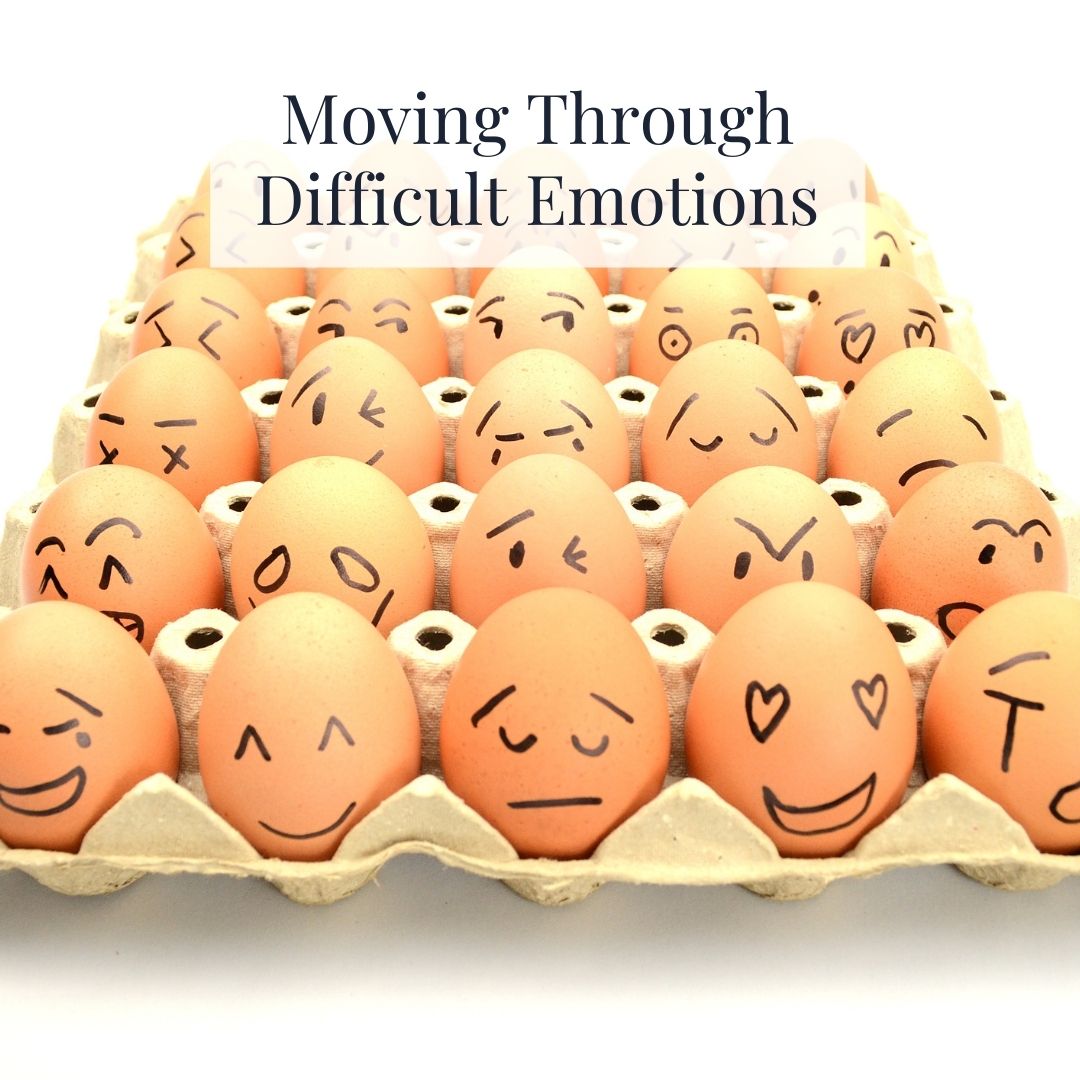 Growing up, we often get the message that it’s not okay to experience “negative” emotions. Sometimes the message is harsh and clear through words like “don’t cry like a baby” or “grow up”. But sometimes it is more subtle. Well-meaning people say things like “Don’t cry honey, you’re okay”. While other times they simply distract children from their difficult emotions.
Growing up, we often get the message that it’s not okay to experience “negative” emotions. Sometimes the message is harsh and clear through words like “don’t cry like a baby” or “grow up”. But sometimes it is more subtle. Well-meaning people say things like “Don’t cry honey, you’re okay”. While other times they simply distract children from their difficult emotions.
All these methods, whether well-intentioned or not, can lead to us avoiding negative emotions. But these emotions don’t simply go away when we ignore them. It is important to learn how to embrace and work through difficult emotions in a healthy way.
Let’s look at what that means so that we can live an authentic full life.
Importance of Embracing Difficult Emotions
According to researcher and author Brene Brown, “We cannot selectively numb emotions, when we numb the painful emotions, we also numb the positive emotions.”
In other words, if we want to feel love, joy, peace, and fulfilment, we must also have the capacity to feel loneliness, sadness, anxiety, and emptiness. We cannot fully feel the “positive” emotions without making room for the “difficult” ones.
Messages Our Emotions Give Us
All our emotions are valuable and provide insightful information if we learn to listen to them. If we pay attention to how we feel when we are with different people in our lives, we can learn a lot about those relationships.
For example, if we feel great love towards someone, we can recognize that the relationship is important to us. But difficult emotions can indicate that as well. Let’s imagine that you are hurt because a friend didn’t follow through on a promise. This difficult emotion may show you that you generally trust and value this friendship, so when they let you down it is especially painful.
Read more ...
 Have you been curling up by the fire with a glass of wine in the evening? Do you enjoy a cocktail with your friends on occasion?
Have you been curling up by the fire with a glass of wine in the evening? Do you enjoy a cocktail with your friends on occasion?
Many of us have come to rely on a drink to help us wind down or have fun with friends. And while there is nothing wrong with an occasional drink, it is important to understand the effects it has on the body, especially in regards to our hormones.
What Are Hormones?
Hormones are chemical messengers within the body that are secreted by glands in the endocrine system. These messengers tell the tissue and organs in the body what to do. The proper balance of hormones is crucial for both physical and mental health.
When something happens to make one hormone increase the other hormones are affected. It's like a delicate dance with some hormones following another's lead.
What Impact Does Moderate Alcohol Consumption Have on Hormones?
Alcohol is thought to have a complicated relationship with the balance of hormones within the body. Let’s take a look at some of the ways moderate alcohol impacts this system.
Read more ...
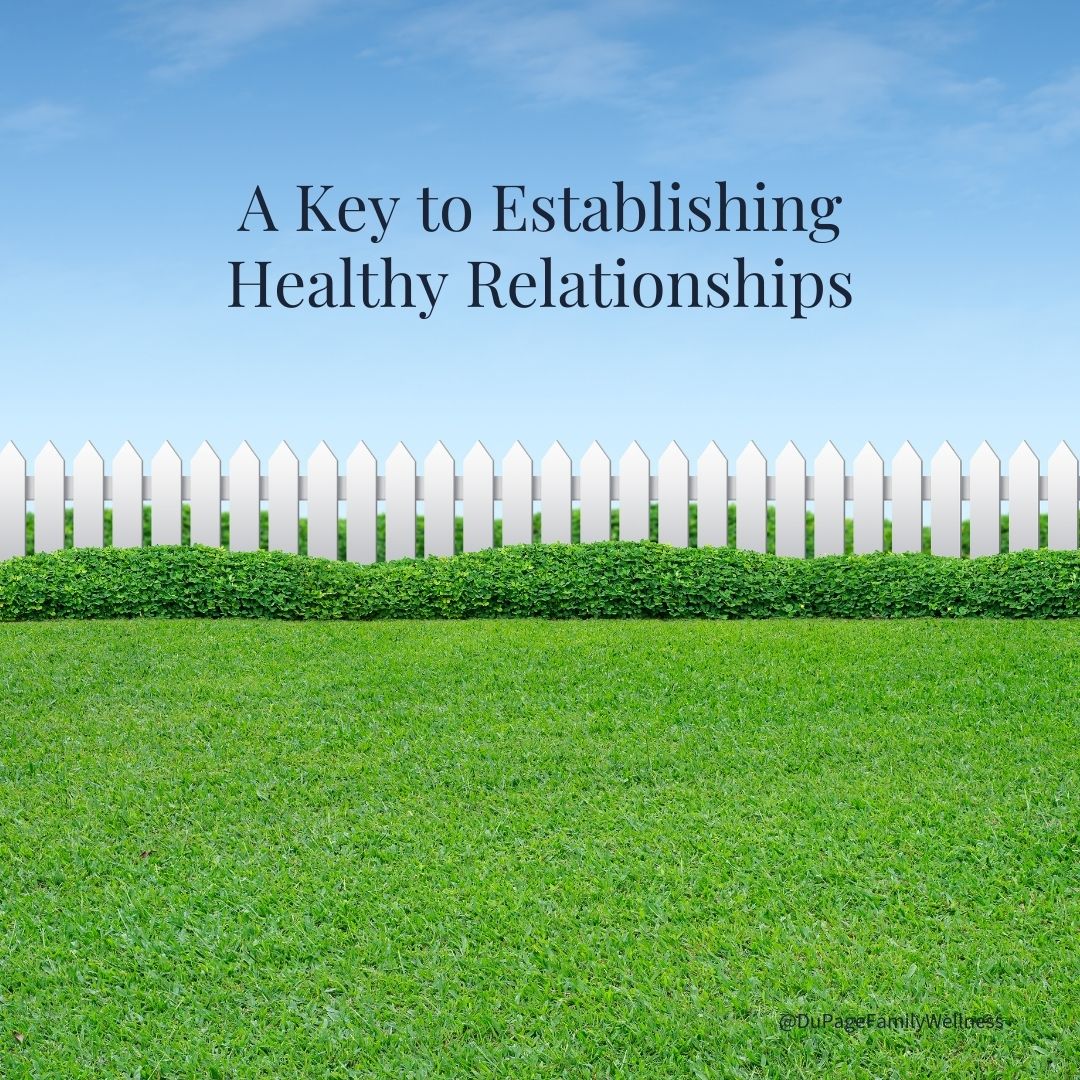 Are you exhausted because you constantly give to others and rarely expect anything from them in return? Does it feel like there are never enough hours in the day because your schedule is so full? Is it difficult for you to say no to others or ask what you need from them? If so, you may be lacking boundaries.
Are you exhausted because you constantly give to others and rarely expect anything from them in return? Does it feel like there are never enough hours in the day because your schedule is so full? Is it difficult for you to say no to others or ask what you need from them? If so, you may be lacking boundaries.
Without boundaries we will struggle to live an authentic life that reflects our true priorities. Boundaries free us up to live a life of purpose. But what exactly are boundaries and how do you establish them?
What are Boundaries?
Simply put your boundaries are your standards of what is acceptable and what is not in your relationships. Healthy boundaries help you determine how you should be treated, as well as what is your responsibility and what is not in the relationship.
Boundaries often give the impression of keeping yourself separate, however that is not truly the intent. As writer Jennifer Chesak says, “boundaries are actually connecting points since they provide healthy rules for navigating relationships, intimate or professional.”
Healthy boundaries are neither too loose or too rigid, but are empathetic and flexible. When healthy boundaries are in place, it frees you up to love both the other and yourself at the same time.
Read more ...
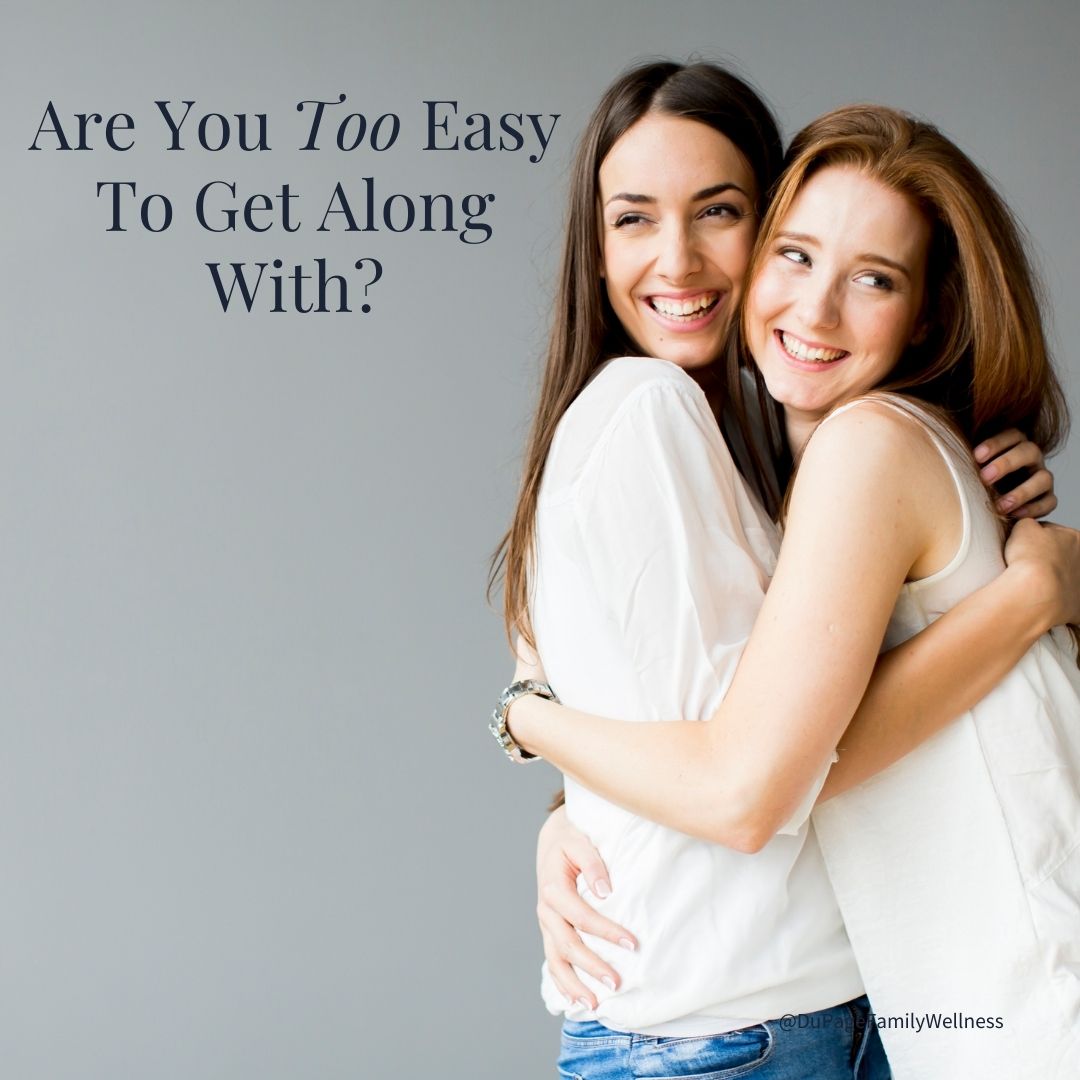 Do you have a really hard time saying “no” to people? Are you quick to agree with others even if you have a different opinion? Is your schedule filled with other people’s priorities rather than your own? If so, you may be a people pleaser!
Do you have a really hard time saying “no” to people? Are you quick to agree with others even if you have a different opinion? Is your schedule filled with other people’s priorities rather than your own? If so, you may be a people pleaser!
According to therapist Erika Myers, when kindness to others involves “editing or altering words and behaviors for the sake of another person’s feelings or reactions” it has crossed over into people pleasing behavior.
While at first glance people pleasing may seem benign, it can actually be quite destructive. Let’s evaluate the pitfalls of this practice, so we can live our most authentic life.
What is People Pleasing?
People pleasing can take on many forms, but a key element is putting other people’s needs, desires, and opinions above our own. It may look like always saying “yes” to others, being quick to agree with others, habitually volunteering to take on work, excessive apologizing, or having trouble asking for help.
People pleasers don’t just do these things from time to time, it is a way of life for them. Many times it may feel like a compulsion as if they have no choice. Often this is rooted in a desire for love and acceptance. And while it may make other people happy for a time, it is no way to build authentic relationships.
Read more ...
 There’s no doubt about it, we live in a stressful world! The busyness of life, work, and kids can be overwhelming enough - but now we have the added stress of living through a pandemic.
There’s no doubt about it, we live in a stressful world! The busyness of life, work, and kids can be overwhelming enough - but now we have the added stress of living through a pandemic. 

 Are you constantly running between work, family, and other responsibilities?
Are you constantly running between work, family, and other responsibilities?  Growing up, we often get the message that it’s not okay to experience “negative” emotions. Sometimes the message is harsh and clear through words like “don’t cry like a baby” or “grow up”. But sometimes it is more subtle. Well-meaning people say things like “Don’t cry honey, you’re okay”. While other times they simply distract children from their difficult emotions.
Growing up, we often get the message that it’s not okay to experience “negative” emotions. Sometimes the message is harsh and clear through words like “don’t cry like a baby” or “grow up”. But sometimes it is more subtle. Well-meaning people say things like “Don’t cry honey, you’re okay”. While other times they simply distract children from their difficult emotions. Have you been curling up by the fire with a glass of wine in the evening? Do you enjoy a cocktail with your friends on occasion?
Have you been curling up by the fire with a glass of wine in the evening? Do you enjoy a cocktail with your friends on occasion?  Are you exhausted because you constantly give to others and rarely expect anything from them in return? Does it feel like there are never enough hours in the day because your schedule is so full? Is it difficult for you to say no to others or ask what you need from them? If so, you may be lacking boundaries.
Are you exhausted because you constantly give to others and rarely expect anything from them in return? Does it feel like there are never enough hours in the day because your schedule is so full? Is it difficult for you to say no to others or ask what you need from them? If so, you may be lacking boundaries. Do you have a really hard time saying “no” to people? Are you quick to agree with others even if you have a different opinion? Is your schedule filled with other people’s priorities rather than your own? If so, you may be a people pleaser!
Do you have a really hard time saying “no” to people? Are you quick to agree with others even if you have a different opinion? Is your schedule filled with other people’s priorities rather than your own? If so, you may be a people pleaser!